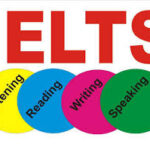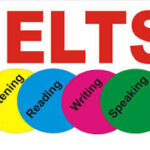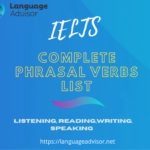IELTS VOCABULARY LIST FOR LISTENING & READING. Lists of topics specific vocabulary the way you can use it in the exam
IELTS VOCABULARY LIST FOR LISTENING & READING
Here we put together lists of topics specific vocabulary the way you can use it in the exam. You’ll find detailed explanations and an IELTS vocabulary list to practice and improve your vocabulary.
Vocabulary or lexical resource is responsible for 25% of your final grade, in both the speaking and writing sections.
Here we have a list of the topics you can expect to find on the exam, we are updating it each week.
It’s common to be stuck with an IELTS exam score of 6.5 and believe in order to get a band 7 they need to improve their IELTS vocabulary.
However, without feedback, evaluation or expert exam help, it is difficult to pinpoint exactly which area you need to get help for.
Constantly build your passive vocabulary word lists by reading and listening. Then move these words into your active vocabulary by actively using them when speaking or writing.
To improve faster, when reading, listening or watching English material, try to capture new words in a phrasebook. If you have time add the context too.
The next time you write an essay, review it and look for opportunities to add the words from your list into your text.
Likewise, when speaking try to incorporate your new vocab into your conversations, don’t force them though because it will sound odd!
Idioms can be extracted from films and English podcasts, however, I’d recommend audio material because there are no visual clues, making listening a little harder.
Active reading is a great habit to develop and a vital exam preparation skill. Active reading is where you circle, underline and mark the text you are reading, so as to ease comprehension.






